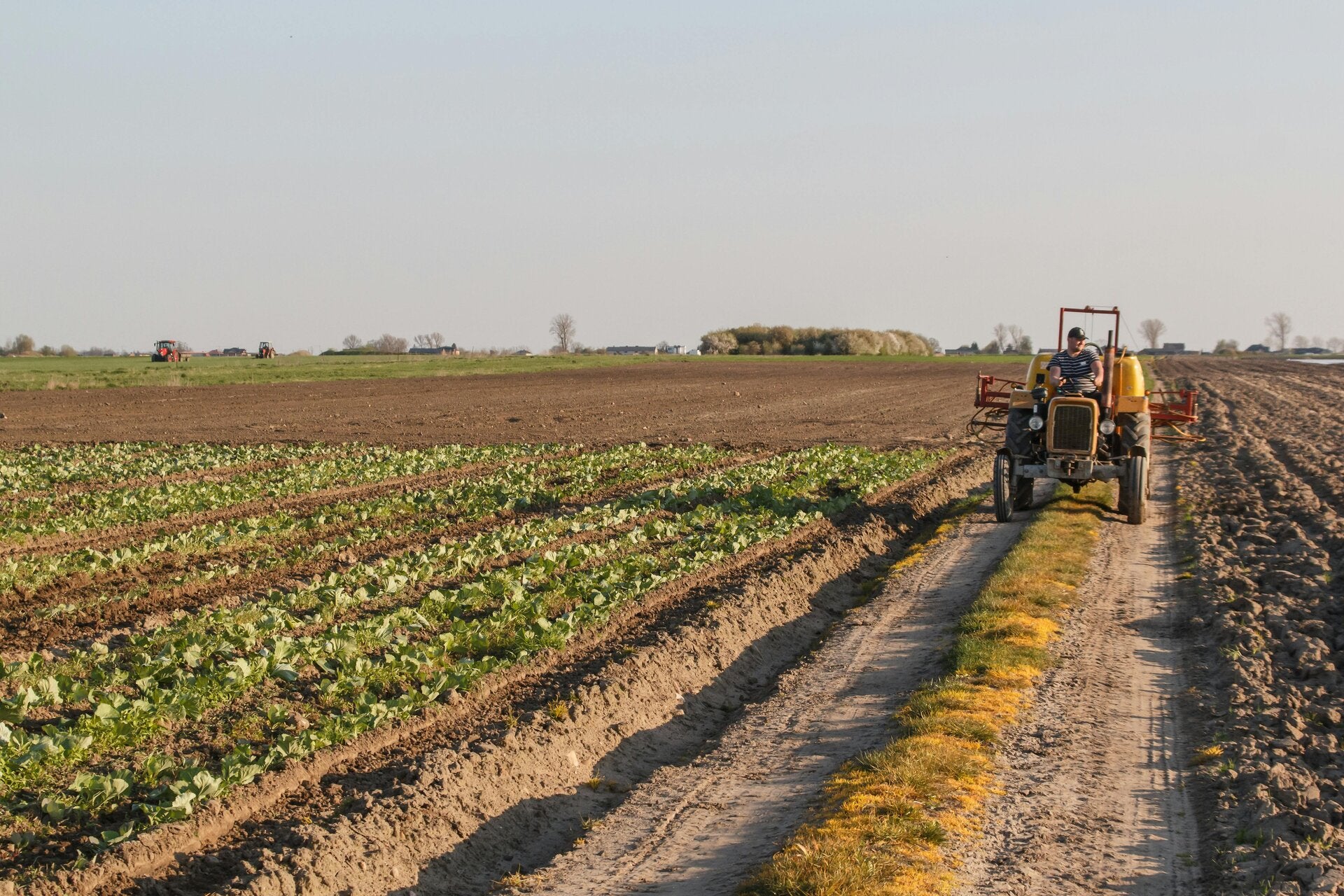A simple Google search of “Tips to live more sustainably?” prompts 62,600,000 results. But are they all correct? With all the buzz comes a lot of myths- oversimplifications or just plain misunderstandings.
Let’s set the record straight.
1. Electric Vehicles Are Zero Emissions
EV’s do not burn fuel like regular gas-powered vehicles do but rather they require batteries that store energy. However, the process to generate the power used to charge the electric cars requires rare minerals and carbon-intensive manufacturing. They’re still far cleaner than gas-powered cars but consider choosing an electric car powered by renewables to increase your sustainability.
2. Recycling Is One of the Best Ways to Help the Planet
Many materials aren’t recyclable or end up in landfills due to contamination. The best approach? Follow the cycle. REDUCE, REUSE, then recycle. Think about how you can use a glass jar before throwing it out; it could be used for plant soil or a holder for coffee grounds.

3. Offshore Wind Turbines Will Destroy the Marine Environment
While wind turbines located in the ocean have their negative effects such as unpleasant views for beachgoers and increased noise levels underwater, their location could serve as a benefit to the underwater ecosystem. Construction and industry will have a negative effect on habitats, but they can also act as artificial reefs which could support populations and reduce fishing pressures. (To learn more, click here)
4. Organic Food Is Always Better for the Environment
While organic food uses few or no chemicals, has healthier soil, and has better animal welfare standards, it isn’t automatically sustainable in all cases. On average, organic farming produces 20-25% less food per acre which means that they need more land to feed to the same number of people. This increases pressures to cultivate forests and wild areas leading to deforestation. Local, seasonal, and sustainably farmed food have a lower environmental impact.

5. Being Sustainable Means Giving Everything Up
Living sustainably is about making small, manageable changes. Something as simple as using a reusable straw or shopping bag can have a major impact on the environment.
6. Going Vegan Is the Best Way to Eat Sustainably
Diet matters- but industrial agriculture (plant or animal) is the bigger issue. Local, regenerative animal farming can be more sustainable than imported monoculture crops like soy or almonds.

7. Fossil Fuel Companies Will Eventually Be Taken Down Due to Their Environmental Impact
Unfortunately, these giant companies are backed by political leaders, global large-scale companies, and billions of dollars. Their impact has left a detrimental effect on the environment but as long as money is involved, they will continue to thrive in this economy unless presidential or global action is taken.
8. Green Homes Are Only for the Rich
Many sustainable solutions are accessible and cost-saving long term such as insulation, LED lights, draft stoppers, and smart thermostats. They can cut energy use without breaking the bank.

9. Food Waste Happens at the Consumer Level
In many regions, the biggest food waste are large-scale farms and supply chains such as Amazon and Walmart due to overproduction, transport loss, and cosmetic standards.
10. Sustainability Is Only About the Environment
Sustainability isn’t just “going green”. It’s a three-pillar approach: environmental, social, and economic. That means fair wages, mental health, gender equality, and ethical production all fall under the sustainability category

Add comment
Comments